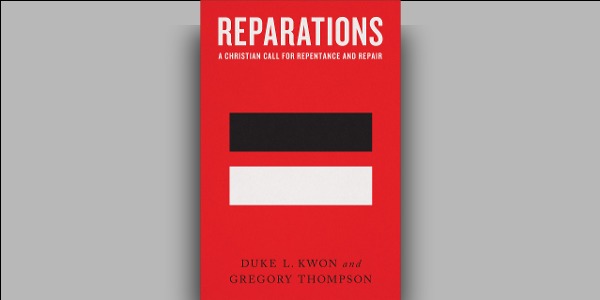We are going to be reviewing the book in some fashion on the main page (I see you, Sarah). That said, given Kevin DeYoung’s review at TGC this morning, I wanted to put up some quick notes replying to what I see as several of the weak points in his review. (I apologize if this seems like my personal blog is becoming a space for quibbling with TGC content, by the way.)
Login to read more
Sign in or create a free account to access Subscriber-only content.
Topics:
